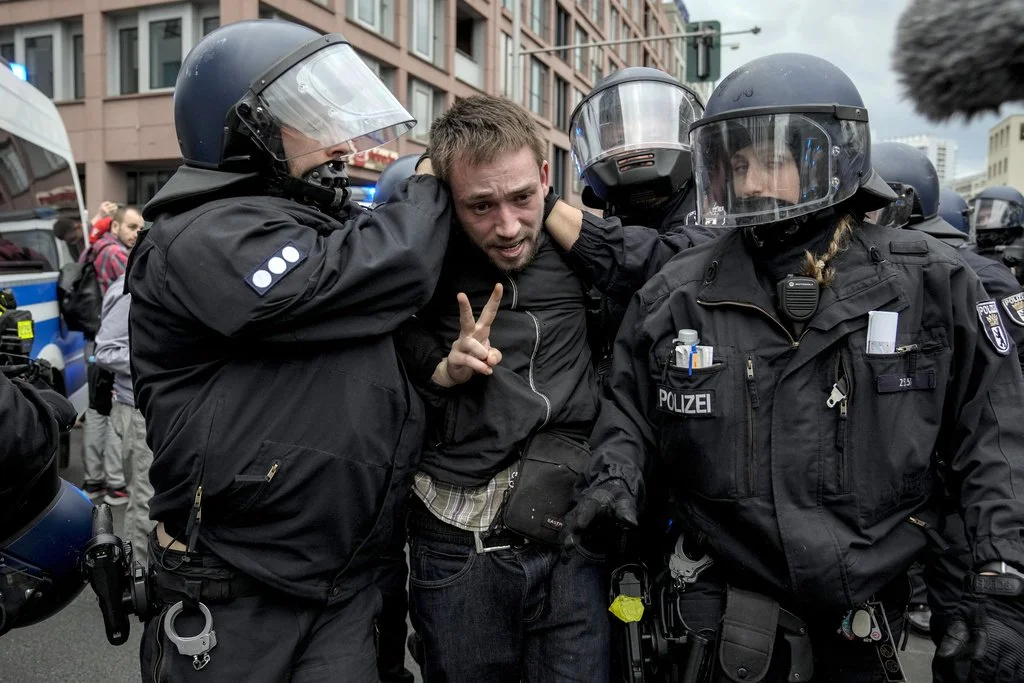United Kingdom Foreign Minister Echoes the Need for a Ceasefire in Lebanon
British Foreign Secretary David Lammy speaks during a meeting of the Security Council on Sept. 25, 2024 at U.N. headquarters. (AP Photo/Frank Franklin II)
In a joint statement on Sept. 29, 2023, U.S. Secretary of State Antony Blinken and UK Foreign Secretary David Lammy reaffirmed their countries commitment to Israel’s security while simultaneously calling for the promotion of peace and security in the Middle East. Topics covered included a ceasefire in Gaza, a free and open Indo-Pacific, and alignment on sustainable growth. Such a statement follows escalating violence in the region, with a UNRWA school in Nuseirat indirectly hit by a tank shell due to Israeli Defense Forces (IDF) activity. The joint statement emphasized the need for a “humanitarian pause” to allow for the delivery of essential aid to Gaza, where humanitarian conditions have rapidly deteriorated. According to the United Nations, approximately 2.3 million people are currently in urgent need, unable to afford commercial goods such as basic hygiene items.
During a press briefing at the Foreign, Commonwealth & Development Office in London, Lammy stated, “The immediate release of all hostages is crucial for any ceasefire to be meaningful.” He was referring to the more than 200 hostages reportedly held by Hamas, with 97 hostages abducted on Oct. 7 that remain in captivity. On Sept. 28, Blinken reaffirmed Israel's right to defend itself during a press conference in Washington, D.C. However, he also emphasized the importance of “a ceasefire in Gaza that brings home the hostages, enables a surge in humanitarian relief to people who so desperately need it, and preserves the possibility of more lasting security in Gaza and in the region.” This reflects the desire for an approach that aims to balance security concerns with the urgent humanitarian needs. Former British Prime Minister Rishi Sunak has additionally voiced his concerns about civilian casualties, stating there needs to be an “immediate humanitarian pause so that we can get the hostages out.” This aligns with sentiments expressed by leaders from other nations, including France’s President Emmanuel Macron, who has called for an immediate halt to hostilities over fears the acts committed by Hamas may lead to an “spilling over” of violence into France. Further conflict could lead to unrest and protests in various Western European countries, such as Berlin, putting pressure on these governments to redefine their foreign policies in light of the ongoing crisis.
Police officers detain a pro-Palestinian protestor in Berlin, Saturday, May 18, 2024. (AP Photo/ Ebrahim Noroozi)
Additionally since 2016, as a result of conflict in the Middle East, Europe has experienced the largest influx of refugees fleeing conflict since World War II. With the increase of conflict, such numbers are expected to rapidly grow. As countries like the UK navigate these complex dynamics, they face the challenge of balancing support for Israel with the urgent need for humanitarian intervention. The international community continues to monitor the evolving situation closely as, in the coming weeks, it will be critical in determining not only the future of the Israeli-Palestinian conflict but also the broader geopolitical landscape involving Europe and the Middle East.


